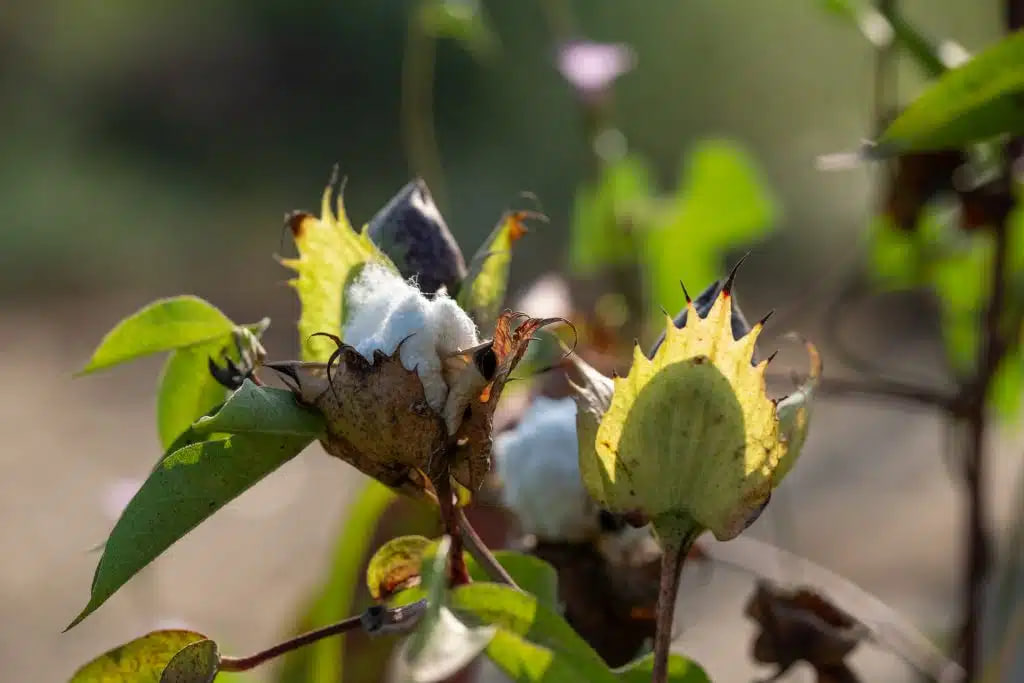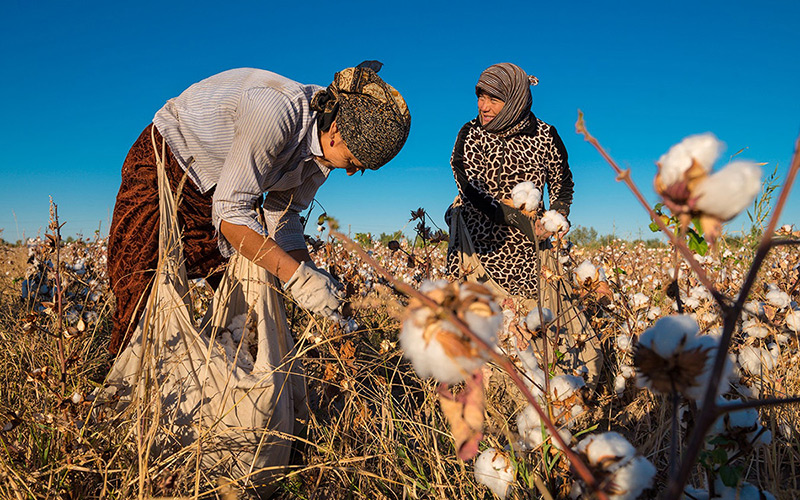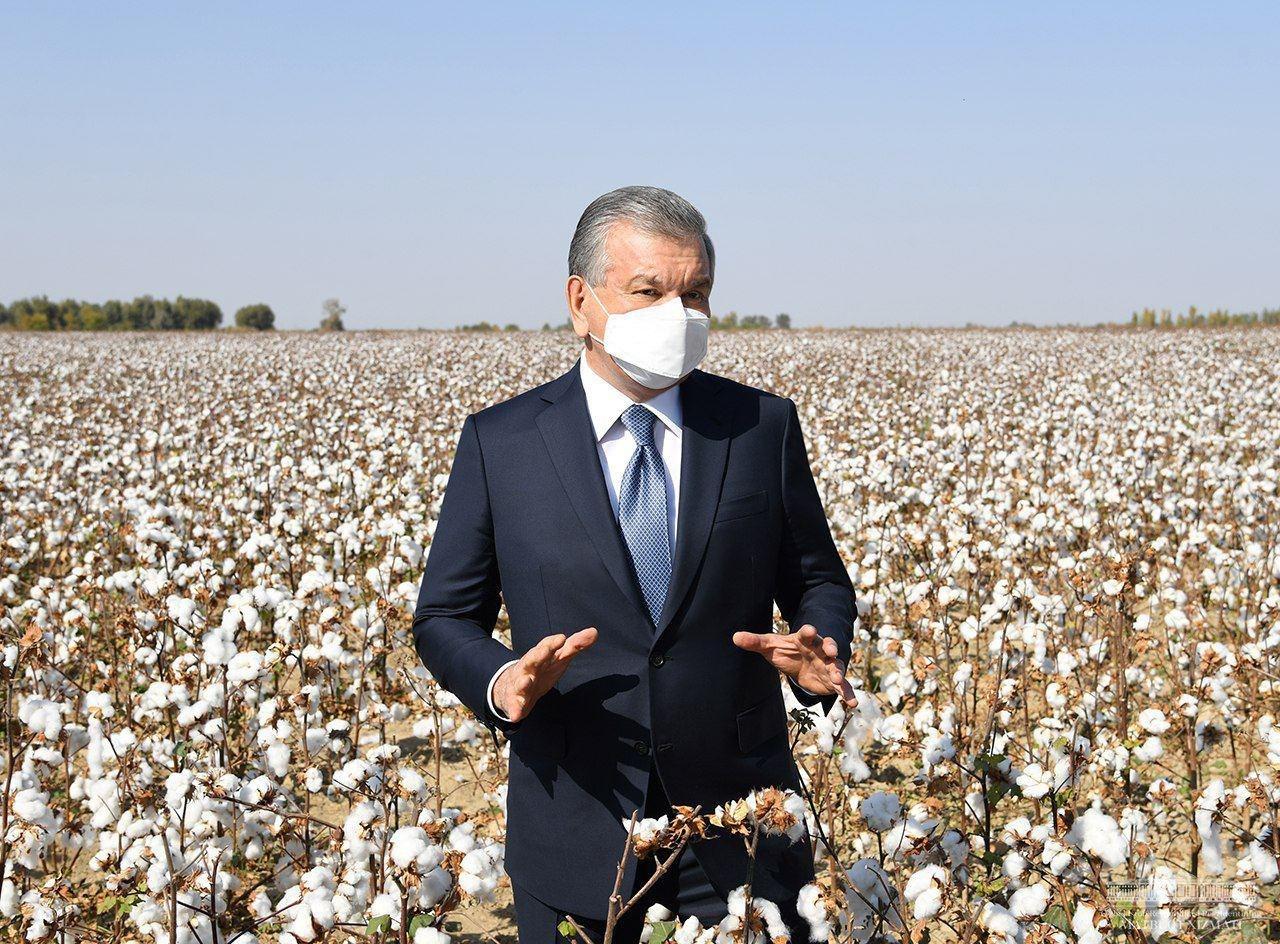In a stride towards sustainable cotton production, Better Cotton's Assurance Programme has played a crucial role in reshaping Uzbekistan's cotton sector, Better Cotton reported. Historically criticized for forced and child labor, Uzbekistan's progress stands as a testament to comprehensive monitoring and a commitment to decent work.

Uzbekistan's struggle with state-sponsored forced and child labor in cotton production prompted Better Cotton to introduce enhanced monitoring aligned with International Labour Organization (ILO) principles. The aim was to ensure farms comply with standards based on freedom from child and forced labor, forming a dual monitoring strategy to address labor concerns.
Recent monitoring in Uzbekistan involved semi-structured interviews with over 1,000 workers across 12 farms, providing a nuanced perspective of the labor situation. The focus extended beyond compliance, encompassing fair pay, working conditions, and workers' rights to offer a comprehensive assessment of labor practices.
Monitoring revealed an absence of systemic forced or child labor, with a holistic examination of various decent work issues. Issues like wage delays and safety concerns were promptly addressed through direct dialogue with farm management, showcasing Better Cotton's commitment to proactive measures and continuous improvement.

Swift action was taken to resolve minor issues, ensuring fair compensation through continued monitoring. The organization aims to adopt a risk-based approach, escalating serious concerns to the labor inspectorate, and endorsing the ILO's efforts to strengthen inspection capacities.
Better Cotton's Assurance Programme in Uzbekistan underscores the credibility of its system, instilling confidence in global market participants and members. Combined with a traceability solution allowing members to track Traceable Better Cotton, the robust monitoring and transparent processes ensure confidence in sourcing licensed Better Cotton from Uzbekistan.

Celebrating current successes, Better Cotton emphasizes ongoing refinement and expansion of methods to ensure all Uzbekistan cotton farms meet high standards. A meeting in Tashkent on December 12 will provide Better Cotton Members with deeper insights into Uzbekistan's progress and future plans, involving stakeholders from international organizations, government, industry, and civil society.
The collaboration between Better Cotton and Uzbekistan, backed by global organizations, showcases the transformative power of sustainable practices, offering a model for regions aspiring to create decent jobs and uphold human rights in the agricultural sector.

For decades, Uzbekistan faced harsh criticism due to systemic forced labor cases, but significant improvements have been observed since 2016 when President Shavkat Mirziyoyev came to power.
Over seven years, reforms led by President Shavkat Mirziyoyev removed 2 mn children from child labor and 500,000 adults from forced labor. As per the 2021 ILO Third-Party Monitoring Report on the Uzbekistan Cotton Harvest, derived from 11,000 interviews with cotton pickers, 99% of participants in the 2021 harvest engaged voluntarily. Remarkable enhancements in working conditions were observed, encompassing critical factors such as transportation, food, access to water, hygiene, and other essential facilities.
Follow Daryo's official Instagram and Twitter pages to keep current on world news.
Comments (0)